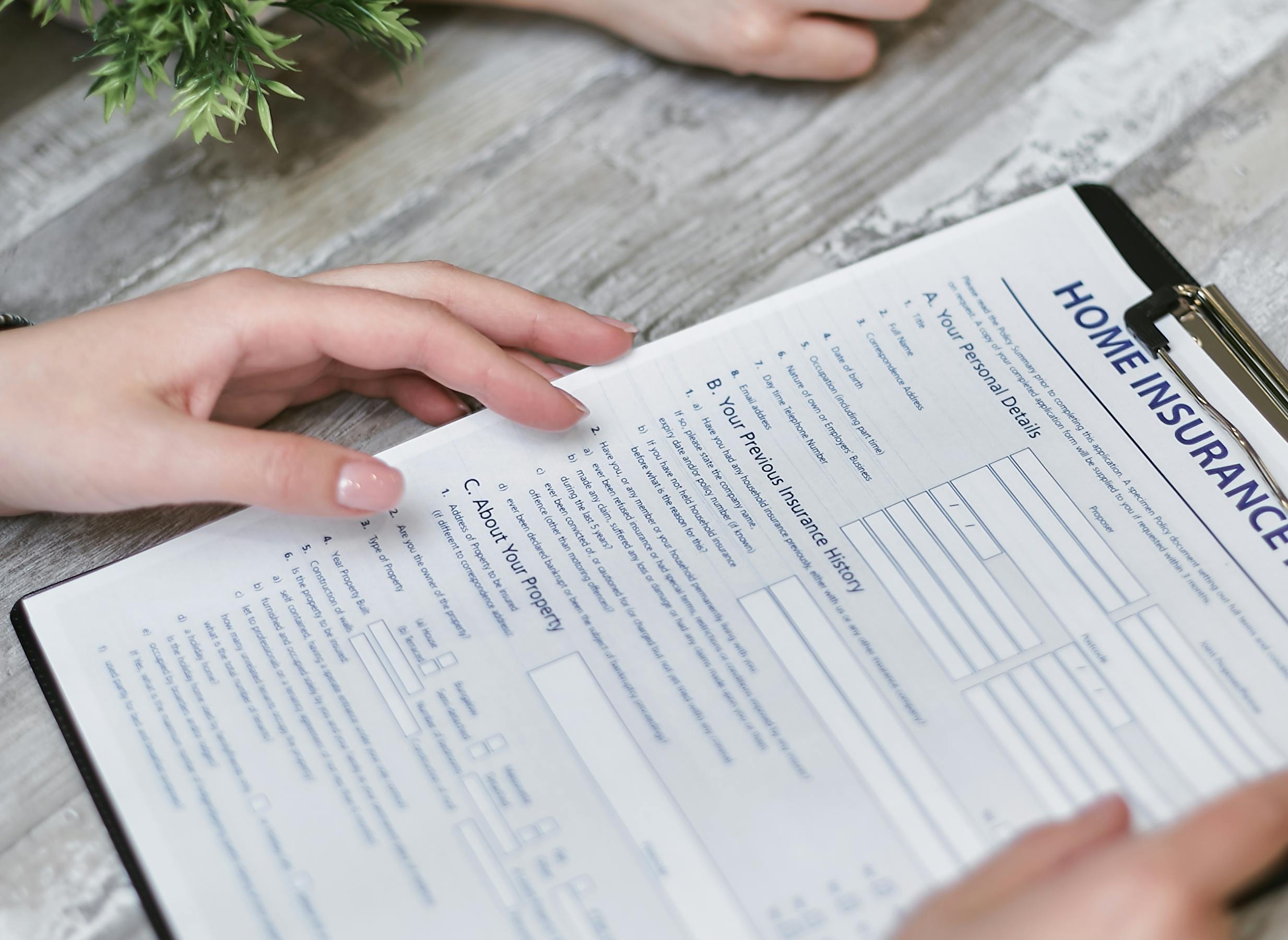Title: Tracking Down a Hit-and-Run Driver: My Experience and What I Learned
In early June, I experienced a frustrating incident that left me dealing with the aftermath of a hit-and-run accident. A red midsize GMC Acadia collided with my white Subaru Forester, causing significant damage. Fortunately, I had the whole incident captured on my Nest camera. The footage showed the driver pausing briefly, appearing under the influence, before fleeing the scene. Unfortunately, the angle did not provide a clear view of the license plate, which complicated matters.
After the incident, I reported it to the police, who filed an official report. I even witnessed the driver from my upstairs window and rushed downstairs, hoping to confront him, but was not fast enough. As a result, navigating the damages became my next challenge. I ended up paying a $600 deductible and was left without a vehicle for three and a half weeks, all while the repairs amounted to over $6000, which my insurance eventually covered.
Fast forward to yesterday—an unexpected turn of events occurred. One of my neighbors spotted a vehicle matching the description of the one involved in my accident at a local gas station. They recognized the damage from the footage and promptly followed the car home. Encouraged by this new lead, I visited the address to confirm the vehicle’s identity, and to my dismay, it was indeed the same car involved in my accident.
I immediately contacted the police again to report my findings, and they arrived to take my statement. They indicated that they would attempt to communicate with the driver. However, they clarified that any decisions regarding charges or sharing the driver’s insurance information would ultimately fall to the prosecutor.
This situation has left me feeling quite frustrated. It seems disheartening to have provided law enforcement with thorough information, yet feel as if I’m in limbo. As I navigate through this ordeal, I’m reaching out for advice or recommendations. If anyone has experienced a similar situation or has insights into how to handle this effectively, I’d greatly appreciate your input. After all, it’s incredibly disheartening to see justice delayed when you’ve taken every logical step to rectify the situation.




I’m sorry to hear about your difficult situation; dealing with the aftermath of a hit-and-run can be incredibly frustrating. Fortunately, it sounds like you have some solid evidence and a clear direction forward. Here are some practical steps you can take to seek further resolution:
Document Everything: Ensure that you keep detailed records of all communications with the police, insurance companies, and other parties involved. Document dates, times, and who you spoke with, as well as any important information they provided. This documentation can be invaluable later on, especially if you decide to escalate the situation.
Follow Up with Police: Since you’ve already made a report to the police, make sure to follow up regularly to check on the progress of the case. Ask for a timeline on when you might hear back regarding any potential charges. Inquire specifically about the prosecutor’s decision-making process and express your concerns about the situation.
File a Claim with His Insurance: If the police can confirm the identity of the driver and provide you with his insurance information, you can file a claim directly with his insurance company. Make sure to provide them with all the evidence you have, including the video footage and any police reports.
Consider Small Claims Court: If law enforcement is unable to take criminal action or you cannot get the damages covered through insurance, you might consider filing a small claims lawsuit against the driver. The threshold for small claims varies by state, but it’s usually for damages under a certain limit (often $5,000 to $10,000). Given your situation, this may allow you to recover some or all of your deductible and other costs associated with the accident.
Consult an Attorney: If you’re feeling overwhelmed or if it appears the police are not making progress, consulting with a personal injury attorney can be beneficial. They can provide legal advice specific to your case and help you understand your rights. An attorney might also help you navigate negotiations with the insurance companies or assist in filing a lawsuit if necessary.
Use Your Insurance Company’s Resources: Since you’ve already filed a claim with your own insurance, consider reaching out to see if they have legal resources or additional support for dealing with hit-and-run incidents. Some insurance policies offer legal protection services as part of their coverage.
Learn About Local Laws: Familiarize yourself with the laws in your state regarding hit-and-run incidents. Some jurisdictions may have specific provisions to assist